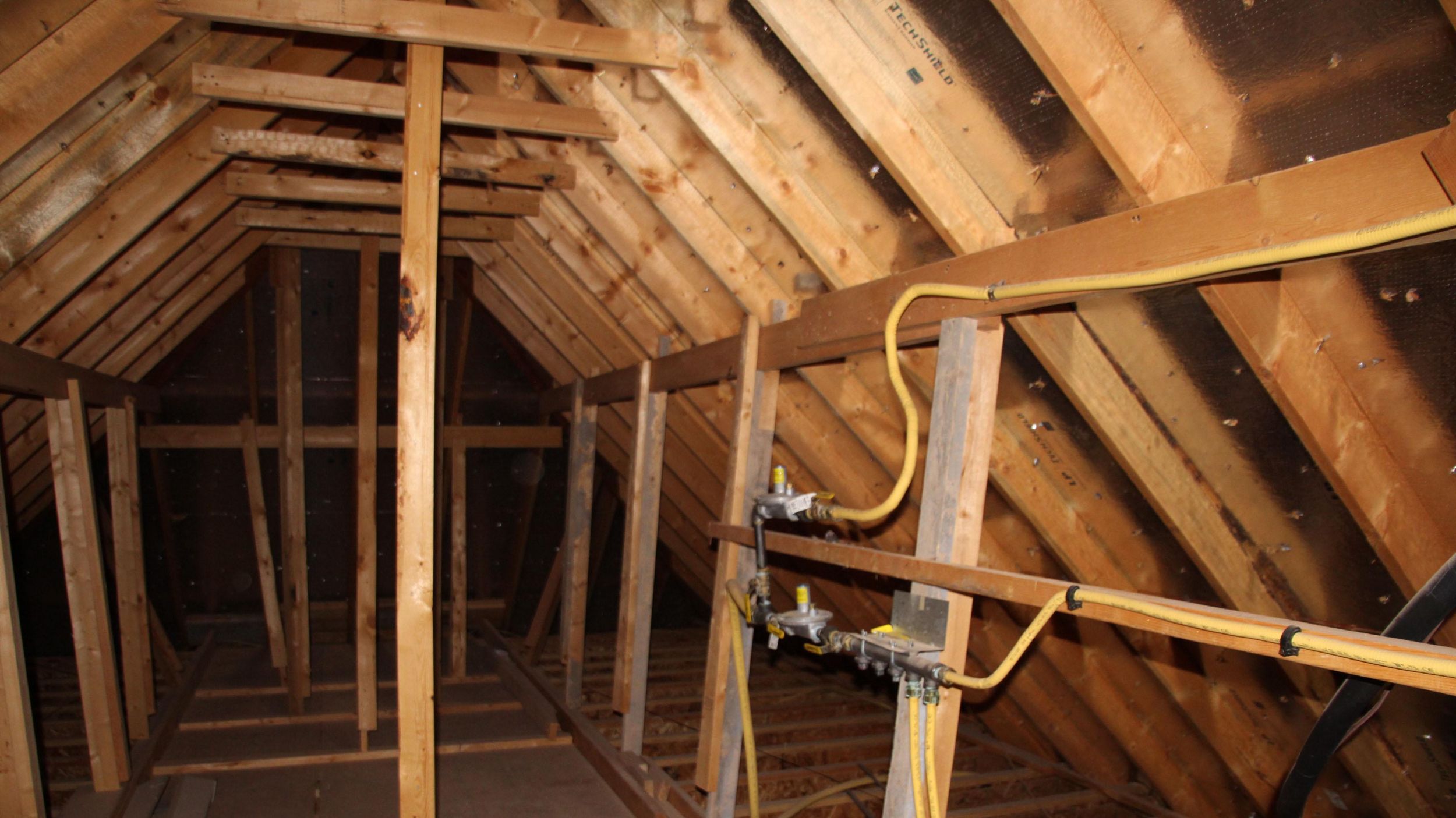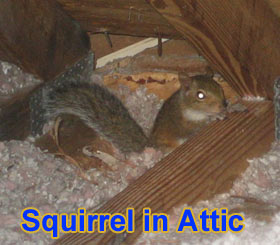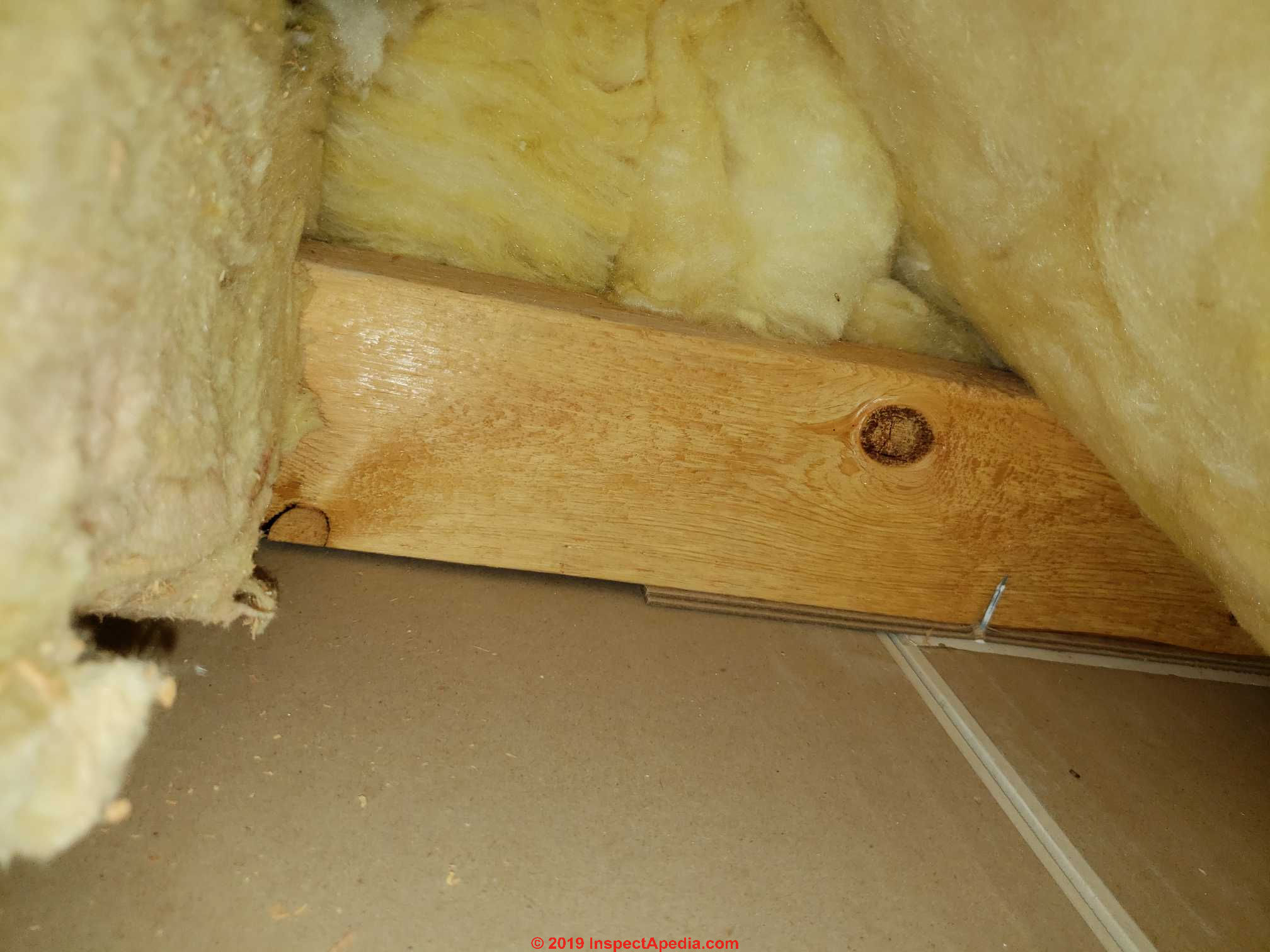Skittering sounds squeaks buzzes and other noises coming from your walls and attic may mean there s something living in your house that isn t part of your family.
Cracking sound from attic.
Heating ducts as they cool also make banging noises as do.
A loud popping noise in the attic is often very common especially when there are extreme temperature differences such as large and rapid fluctuations between night and day temperatures.
The noise you hear is not from settling but from wood framing members moving in relation to one another.
Not all noises in your attic can be blamed on uninvited guests.
The wood warms during the day losing moisture and shrinking slightly.
Clicking knocking and clanking no that s not the sound of chains rattling in the attic.
The most common time of year to hear raccoon noises in the attic is in the spring.
At night attic can sometime make loud creaking and cracking sounds.
In addition to bees ailion says raccoons squirrels and birds have been known to get into attics and cause noises of course mice and rats can do the same.
Heavy pounding noises in the attic or ceiling squealing typically a sign of baby raccoons.
Viewed 481 times 0 i bought a house about a year ago and ever since there has been a ton of cracking noises coming from the attic.
Mice rats birds or other animals may have entered the home and are chewing digging and pecking on the interior of your home from the attic or inside the walls.
Air passing through ducts and radiators can sometimes create a loud noise as can water passing through pipes.
There are a few possible sources for this sound but none of them ghostly or even worrying enough to call.
One problem that could be causing a popping sound in your walls or in the attic is pests.
The creaking sound is perfectly normal and is caused by the movement of roof timbers responding to changes in temperature.
A loose attic vent or shutter on a window can make a banging noise in the wind.
A loose shutter on an attic window or loosened attic vents can cause a banging sound if it s windy as can branches hitting the roof.
They sound like thermal expansion noises but they happen all day and night in any weather or temperature.









